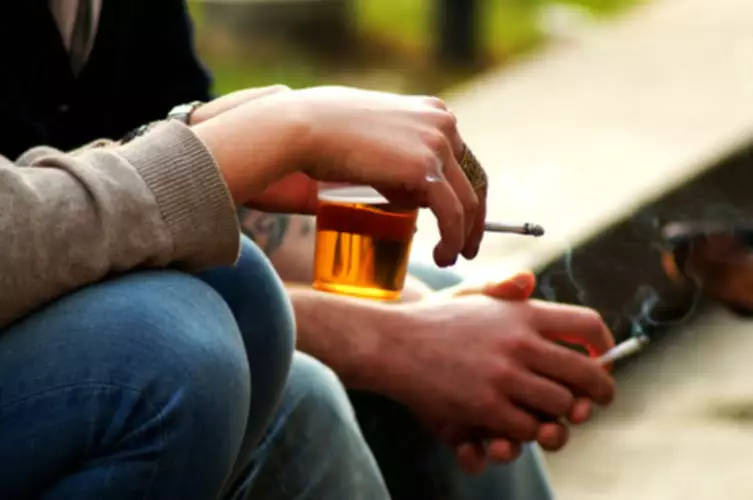
Eating before drinking slows alcohol absorption, reducing its impact on anxiety. B vitamins, particularly B1 and B6, support nervous system function and may help alleviate alcohol-related anxiety. Magnesium-rich foods like nuts and leafy greens can also have a calming effect. Diet, hydration, and caffeine consumption play crucial roles in how alcohol affects anxiety levels. These factors can either exacerbate or mitigate alcohol-induced anxiety symptoms.

Cures for Public Speaking Panic Attacks

The presence of panic disorder without other psychopathology is rare. Most people will have a recurrence of symptoms even after a symptom-free period. Alcohol Use Disorder Compliance with treatment is a major issue, and thus relapse of symptoms is common. Triggers for poor outcomes include a chronic illness, high interpersonal sensitivity, unmarried, low social class, and living alone. Besides premature adverse cardiac events, these patients are also at risk for suicide.

Intense anxiety is very unpleasant and can cause anyone to drink.

This can be especially true if the person is not used to drinking alcohol or has an underlying mental health condition. It throws off the balance of the hormones and brain chemicals that control our moods and emotions. Over time, alcohol decreases production can alcohol cause a panic attack of the neuro-transmitter GABA (a chemical in our brain that helps us feel relaxed).
- Anxiety is different to depression, but they can sometimes go together – feeling anxious and worrying constantly can make you feel low.
- You consent to receive SMS notifications and promotions from Addictionresource.
Physiological Symptoms Are Part of a Panic Attack
This can definitely cause anxiety and worsen any existing phobias or overthinking tendencies you may already have. Talkiatry is a national psychiatry practice that provides in-network, virtual care. Co-founded by a patient and a triple-board-certified psychiatrist, Talkiatry has over 300 doctors, 60 insurance partners, and first visits available in days. We treat patients with anxiety, depression, trauma, ADHD, and more. Alcoholics Anonymous and other 12-step programs can be beneficial for some individuals.
The fact that all these physiological changes can cause symptoms so similar to those of a panic attack can trick your brain into having a real one. A phobia is strong fear or dread of a thing or event, which is out of proportion to the reality of the situation. Up to one third of people will experience at least one https://ecosoberhouse.com/ panic attack in their lives, according to clinical psychiatrist Cindy Aaronson.
- Integrated treatment approaches, combining therapy, such as cognitive behavioural therapy (CBT), with medications like antidepressants and alcohol-craving reducers, offer the best chance for success.
- He creates this site to offer guidance and support to individuals seeking to overcome addiction and achieve lasting sobriety.
- These effects may manifest through physical sensations and changes in behavior.
- Alcohol can initially ease anxiety by reducing inhibitions, but it often worsens symptoms long-term, disrupting neurotransmitters and sleep patterns and leading to increased anxiety.
- Alcohol’s impact on neurotransmitters and the body’s stress response system can leave individuals feeling anxious, irritable, and emotionally fragile after a night of drinking.
- Alcohol’s high accessibility makes it an all-too-common drug used by those struggling with mental health disorders.
This means that cutting out alcohol can help – but often further action is required in order to take full control of your condition. Drinking too much alcohol over time can lead to sustained high blood pressure alcohol. Alcohol overstimulates dopamine pathways, creating short-term euphoria but over time depleting this system, which contributes to feelings of anhedonia and depression. Simultaneously, the brain’s attempts to compensate for alcohol’s sedative effects on the GABA system can make it hypersensitive to stress during withdrawal, further increasing depressive symptoms. Long-term alcohol misuse also damages the hippocampus and prefrontal cortex – regions critical for emotional regulation and decision-making – exacerbating vulnerability to depression.
- These episodes can be extremely distressing and may lead to avoidance behaviors.
- Panic attacks can lead to intense anxiety, feelings of dissociation, and fear of losing control.


